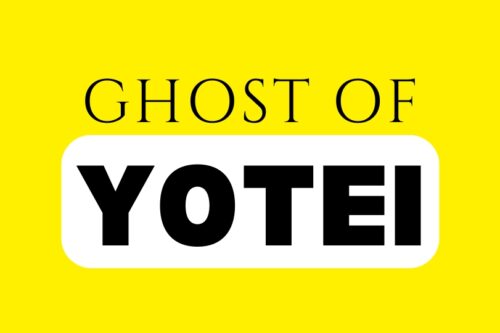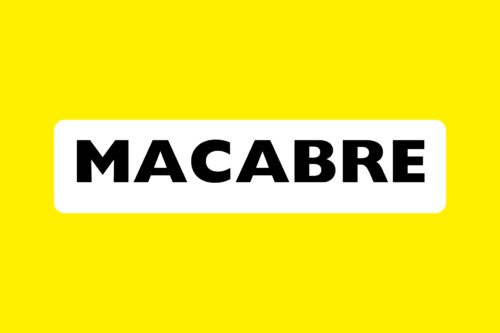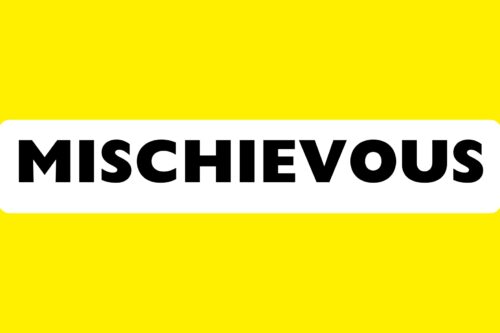Looking for how to pronounce deyanira correctly? Here is the ultimate guide to learning deyanira pronunciation correctly with the help of audio, videos, easy step by step guides and an overview table also provided.
How to Pronounce deyanira in American and British English? 🇺🇸 🇬🇧
The correct pronunciation of “deyanira” in American English is “dey-uh-NEE-ruh” which should be pronounced together and fast without a break. 😊👍🏻
| Language / Accent | Description | Audio Pronunciation |
|---|---|---|
| 🇺🇸 US English | deyanira Pronunciation in American English | |
| 🇬🇧 UK English | deyanira Pronunciation in British English |
Video Pronunciation Of deyanira
How to Pronounce deyanira in English?
Here is a table providing the pronunciation of the word deyanira in both IPA (International Phonetic Alphabet) and English:
| Word | IPA Pronunciation | English Pronunciation |
|---|---|---|
| deyanira | /ˈdeɪ əˈni rə/ | dey-uh-NEE-ruh |
Audio Pronunciation of deyanira
In this section, we are going to listen and understand correct pronunciation of deyanira in American and British English with the help of audio pronunciations.
🇺🇸 How to Pronounce deyanira in American English?
Here is the audio pronunciation of deyanira in American English:
American English Pronunciation
In American English, this word (deyanira) is pronounced as: dey-uh-NEE-ruh.
🇬🇧 How to Pronounce deyanira in UK English?
Here is the audio pronunciation of deyanira in British English:
British English Pronunciation
In British English, this word (deyanira) is pronounced as: dey-uh-NEE-ruh.
Deyanira Fundamental Information Table
| Deyanira Details | Answer |
|---|---|
| Word and Type | Deyanira, A noun |
| Origin | The name “Deyanira” is of Spanish origin, often associated with the character from Greek mythology. |
| Deyanira Pronunciation | The pronunciation of “Deyanira” is (dey-uh-NEE-ruh) |
| International Phonetic Alphabet | /ˈdeɪ əˈni rə/ |
| History | In mythology, Deyanira was known as the wife of Heracles and a figure in various epic tales. |
| Synonyms | None commonly used; it is primarily a proper noun. |
| Antonyms | None applicable. |
| Usage | The name is often used in literary and cultural contexts, particularly in discussions about mythology. |
| Meaning and Definition | Deyanira is a feminine name often associated with strength and sacrifice in mythological narratives. |
| Cultural References | Often referenced in literature, plays, and discussions of Greek mythology. |
| Connotations | Strong, sacrificial, historical |
| Examples and Usages | Example sentence: “Deyanira’s choice led to significant consequences in the myth.” |
| Fictional Quote | “In her heart, Deyanira carried both love and the burden of her decisions.” |
Origin, Meaning and Definition of Deyanira
| Origin | Meaning |
|---|---|
| Spanish | Derived from Spanish origins, linked to Greek mythology. It refers to a character known for her strength and tragic fate. |
The name “Deyanira” has roots in Spanish and is often connected to the Greek mythological figure associated with Heracles. In modern usage, it symbolizes complex themes such as sacrifice and consequence. Understanding this context enhances appreciation for its literary significance.
Pronunciation Variations
While the standard pronunciation of “Deyanira” is /ˈdeɪ əˈni rə/, variations may exist depending on regional accents. For instance, speakers may emphasize different syllables, leading to slight differences in sound. Recognizing these variations can help improve communication across different cultures.
Common Mispronunciations
People often mispronounce “Deyanira” as “Day-an-ear-a” or “Dee-yah-neera.” These errors typically arise from confusion over the syllable stress and vowel sounds. Mispronunciations can lead to misunderstandings, especially in formal discussions or presentations.
Correct Pronunciation
The correct pronunciation of “Deyanira” is /ˈdeɪ əˈni rə/. Here’s how to pronounce it:
- Syllables: The word consists of four syllables: “dey,” “a,” “ni,” and “ra.”
- Phonetics:
- The first syllable sounds like “day.”
- The second syllable is a short “uh.”
- The third syllable sounds like “nee.”
- The last syllable is pronounced “ruh.” To practice, say each part slowly and then combine them smoothly.
Deyanira Pronunciation Guide: 3 Easy Steps
Here are three simple steps to pronounce “Deyanira” correctly:
- Start with “Day” as in “Daylight.”
- Add “uh” as in “About.”
- Then say “nee-ruh,” stressing the second syllable slightly.
Usage History
The term “Deyanira” has a rich history:
- Etymology: The name originates from Spanish and has connections to Greek mythology.
- Century of Use: References date back to ancient texts, particularly those relating to heroic tales involving figures like Heracles.
- Literary Context: Deyanira appears in various adaptations of mythological stories, emphasizing themes of love, betrayal, and consequence.
Understanding this history helps appreciate the name’s significance in cultural discussions.
Famous Books and Cinemas Featuring Deyanira
The name “Deyanira” frequently appears in literature and film:
- Books:
- “The Myth of Heracles” references her tragic role in various adaptations.
- “Deya: A Retelling” explores her story from a contemporary perspective.
- Cinemas:
- Films like “Hercules” depict Deyanira’s character in mythological narratives.
- The miniseries “Mythos” features her within a larger ensemble of Greek myths.
These examples highlight how Deyanira’s character represents profound themes in storytelling.
Notable Personalities Associated with Deyanira
Several prominent figures connect to the name Deyanira through cultural interpretations:
- Margaret Atwood: In her works, she reinterprets mythological figures, including Deyanira, showcasing their complexities.
- Patricia Highsmith: Often draws on mythological themes that echo Deyanira’s story.
- Robert Graves: His poetry reflects on mythological characters like Deyanira, exploring their narratives.
These individuals illustrate how the name transcends mere identity, embodying deeper societal roles.
Practice Exercises
To master the pronunciation of “Deyanira,” consider these practice exercises:
- Repeating Phonetics: Break down each syllable—“day,” “uh,” “nee,” “ruh”—and practice combining them repeatedly.
- Tongue Twisters: Create sentences that incorporate “Deyanira,” like “Deyanira decided her destiny.”
- Recording Yourself: Record your pronunciation and listen back to ensure clarity and accuracy.
Regular practice will enhance your confidence when using the name in conversation.
Related Commonly Mispronounced Words
Here’s a list of words that may be confused with “Deyanira” due to similar sounds:
- Deanna
- Diana
- Deja
- Dayana
- Dinah
FAQs About Pronunciation
What does Deyanira mean?
Deyanira means “man destroyer” in some interpretations, derived from mythological contexts. In literature, it symbolizes strength and sacrifice, representing complex choices made by women in epic tales.
Is Deyanira a common name?
Deyanira is not widely used as a common name but has cultural significance, primarily linked to mythology. It may appear occasionally in literary works or among those familiar with its heritage.
Why is correct pronunciation important?
Correct pronunciation fosters clear communication and respect for cultural names. Mispronouncing names can lead to misunderstandings and may diminish the significance of the person’s identity or cultural background.
Do people mispronounce Deyanira often?
Yes, many people mispronounce Deyanira due to its unique phonetic structure. Common errors include stressing the wrong syllables or altering vowel sounds.
What languages use the name Deyanira?
Primarily Spanish-speaking cultures reference the name due to its origins. It may also appear in literature exploring themes from Greek mythology across various languages.
Are there variations of the name?
While variations are rare, some similar names include Deanna or Diana. Each carries different meanings and cultural associations but may sometimes be confused with Deyanira.
Is Deyanira associated with any myths?
Yes, Deyanira is known from Greek mythology as the wife of Heracles. Her story involves themes of love, betrayal, and tragic choices that resonate throughout various adaptations.
Who are notable fictional characters named Deyanira?
Fictional representations include characters in adaptations of Greek myths who embody traits associated with ambition and sacrifice. Their narratives often explore moral complexities tied to their actions.
Conclusion
In summary, understanding how to pronounce “Deyanira” accurately enriches communication and respects its cultural significance. Regular practice and engagement with relevant resources can boost confidence in using this name in conversations.
Feel free to share your thoughts or experiences related to this name in the comments below!








Leave a Reply